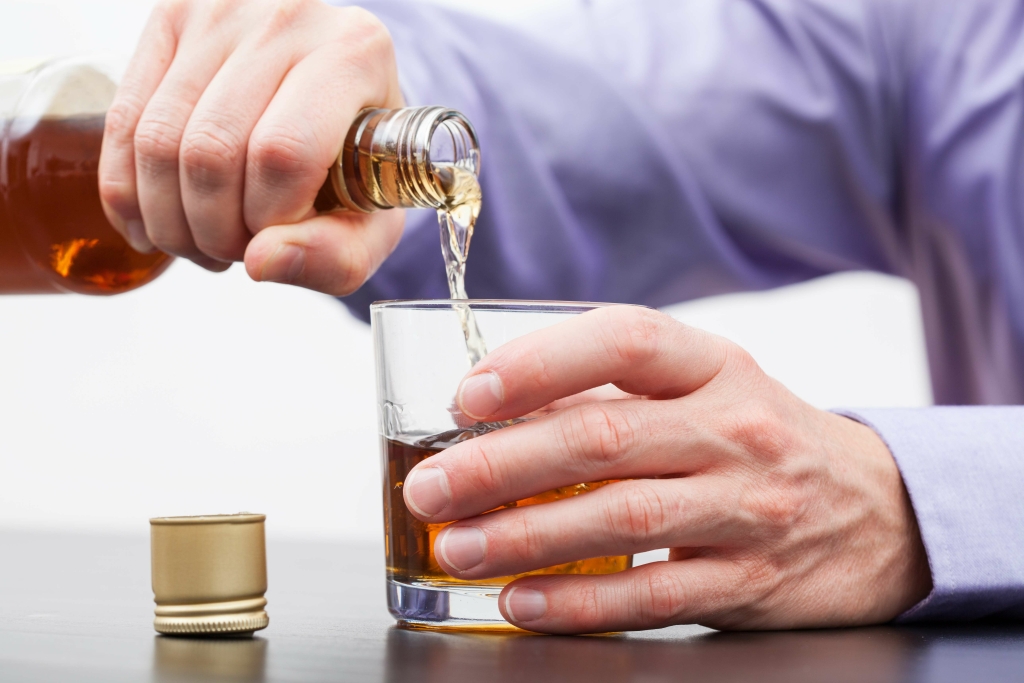Being tipsy is the first sign that your alcohol intake is affecting you. It’s the tipsy stage where you start to feel the initial effects of drinking. This stage happens when alcohol begins to affect your central nervous system but not enough to cause major impairment. Recognizing the physical signs of alcoholism is crucial in identifying and addressing the issue.
Need Help Getting Addiction Treatment?
According to the 2015 National Survey on Drug Use and Health, 70.1% of adults in the United States report drinking alcohol during the past year. I see the beauty in the world, with and without drinking, but I love the option of adding some sepia tones to it, when I can. For a while, I thought I was maybe an alcoholic – or at the very least a troubled drinker by proxy. I became (briefly) engaged to a performance artist – a recovering alcoholic who was almost giddy at the notion of ushering me into sobriety. I visited the rooms with him a couple of times and, like many alcoholics in denial (which I thought I also might be), judged the entire room and everyone in it.
“Alcohol Only Affects Your Judgment, Not Your Physical Abilities”
Understanding the relationship between BAC levels and effects enables individuals to make informed choices about alcohol consumption. Maintaining awareness and moderation can prevent serious health consequences and ensure safety in social settings. The shift from feeling tipsy to being drunk can be marked by increased loss of coordination, slower reaction times, and a reduced ability to control impulses. It typically involves mild sensations https://robinhood-home.com/what-happens-if-you-drink-alcohol-while-on-blood such as increased happiness, relaxation, and heightened confidence. You may notice slight impairments in judgment or coordination, but you are generally still in control and aware of your actions.
Follow us on social media
At this point, the body begins to lose its ability to drug addiction function correctly. The individual may become largely unresponsive to external stimuli, and their body’s capacity to metabolize and excrete alcohol is overwhelmed. Seizures can occur, and the skin may appear blue or pale due to compromised blood circulation.

- Over time, chronic alcohol use can lead to serious health conditions, including depression, anxiety, cognitive decline, and mental health disorders.
- Blood alcohol content (BAC) is the unit used to assess the amount of alcohol in a person’s bloodstream.
- A hangover typically feels like a combination of headache, nausea, vomiting, fatigue, increased anxiety, and depression the morning after heavy drinking.
Being drunk feels different for everyone, but there are some commonalities. Generally, people report feeling more relaxed and less inhibited when they are drunk. This can lead to people acting more wildly or impulsively than they normally would. Cultural attitudes towards drinking can shape how individuals perceive and engage in alcohol consumption, influencing drinking patterns and social norms. Frequent drinking can lead to long-term psychological effects such as depression, anxiety, and increased risk of developing alcohol dependence.

Preventing and Managing Alcohol-Related Risks
If you don’t drink often, be aware that alcohol will likely affect you more than someone who does drink regularly. For some people, it is helpful to stop drinking when they what does drunk feel like start feeling tipsy or are in the euphoric stage. While there isn’t a guarantee you will be below 0.08 BAC at this stage, it is a good marker to prevent some of the harmful effects of alcohol if you continue drinking.

- This progression highlights the importance of moderation and awareness of personal limits when consuming alcohol.
- Ultimately, being drunk feels different for everyone, but it is typically characterized by relaxation and increased sensitivity.
- Understanding the impact of alcohol on mental health is crucial for individuals struggling with addiction or mental health disorders.
- Hypoglycemia is when the glucose levels in your blood drop alarmingly low.
Driving under the influence of alcohol is extremely dangerous and can lead to accidents, injuries, or even fatalities. Choose a responsible individual who will remain sober and ensure everyone’s safe return home. Alternatively, consider using ride-sharing services, taxis, or public transportation to get to and from your destination. Low blood sugar levels may also interfere with your ability to think straight. Hypoglycemia is when the glucose levels in your blood drop alarmingly low. Also, avoid taking antidepressants as they might cause insomnia and sleep drunkenness at times.
Excessive alcohol use, especially in the form of binge drinking, can worsen depression and anxiety. Binge drinking is defined as consuming more than 8 units of alcohol per day for men and more than 6 units per day for women, with 1 unit of alcohol being equal to half a pint. Alcohol consumption can have a significant impact on mental health. While some individuals with depression and anxiety might turn to alcohol to alleviate their symptoms, excessive alcohol use can actually worsen their mental health condition. It’s important to understand the relationship between alcohol and mental health to make informed decisions about alcohol consumption. According to the National Highway Traffic Safety Administration (NHTSA), drunk driving caused 12,429 deaths in 2023.